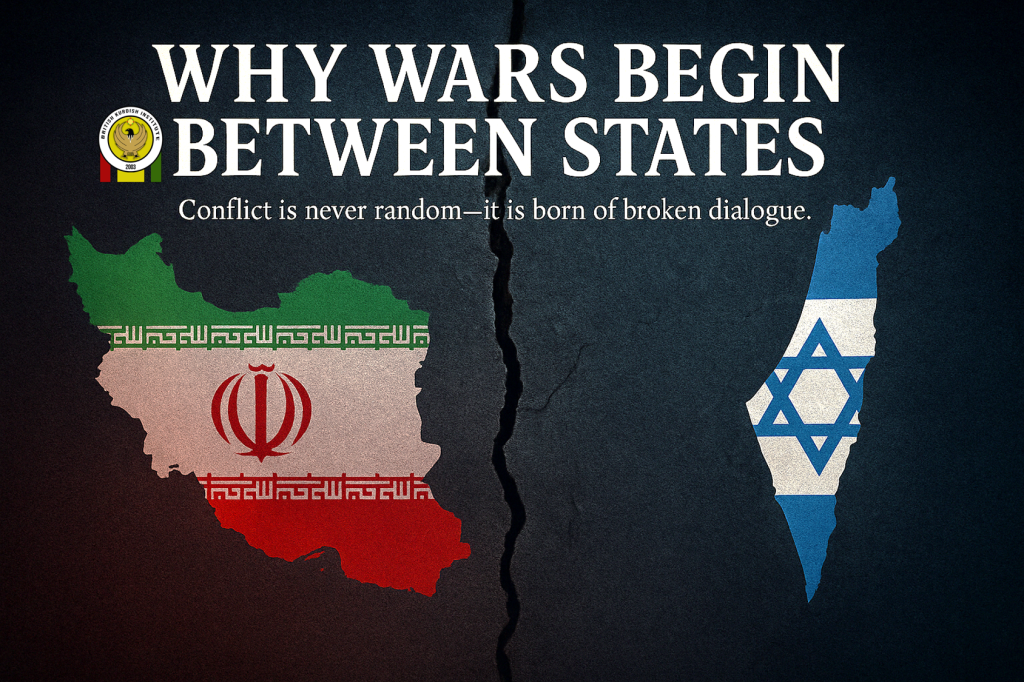Why Wars Begin Between States
No war starts without cause. Conflicts between nations are rooted in unresolved problems, competing goals, and the failure of dialogue. When diplomacy collapses, war becomes the chosen path. Since the fall of the Shah and the rise of the clerical regime in Tehran, Iran and Israel have been locked in a decades-long confrontation. Their relationship has swung between hostility, covert coordination, and open threats—but never full-scale war. For over forty years, both states pursued regional dominance while vowing to erase each other, yet the trigger for direct war never fully arrived.
The October 7 Turning Point
The October 7 Hamas attacks on Israel changed the equation. Tel Aviv’s immediate response to the “Al-Aqsa Storm” led many to expect Israel to strike Tehran directly. Instead, Israel focused on weakening Iran’s network of regional allies.
Think of Iran as a hand: Hezbollah, Hamas, the Houthis, Syria, and Iraq are its fingers. Over the course of the conflict, Israel cut off Syria’s influence, weakened Hamas and Hezbollah, and pressured the Houthis. What remained was Iraq—a finger with limited impact against Israel. Only after this process could Israel realistically reach for Iran itself.
The Twelve-Day War and Its Lessons
The Twelve-Day War shattered the belief that Iran could be contained within its borders. Despite heavy strikes, Iran displayed unexpected military resilience. Neither side achieved victory, and the war ended without resolution. Both Iran and Israel walked away with deeper knowledge of each other’s strengths and vulnerabilities.
Since then, Israel has expanded its arsenal with U.S. support, while Iran has strengthened military ties with China. The stage is set for a decisive round, and the unfinished war continues to loom.
Trump, Netanyahu, and the Timing of War
One factor delaying escalation may be Donald Trump’s Nobel Peace Prize ambitions. His political timeline could determine whether the war reignites in early October. Even if the United States hesitates at first, Israeli leaders, particularly Prime Minister Benjamin Netanyahu, are confident that Washington would eventually be drawn into the conflict.
Netanyahu may time his actions to coincide with the anniversary of the Al-Aqsa Storm, using symbolic dates to rally domestic and international support.
The Role of Iraq and the Kurdistan Region
The question for Iraq—and especially the Kurdistan Region—is unavoidable: what role will they play in this expected war?
Israel will likely target Iraq before striking Iran directly. In the previous conflict, Kurdistan avoided escalation thanks to the diplomacy of President Nechirvan Barzani, who reassured Tehran. This time, the risks are higher for several reasons:
-
Drone and weapons accusations – Iranian intelligence claims that Israeli drones entered Iran via the Kurdistan Region, fueling distrust.
-
Divided Kurdish politics – Political factions in Kurdistan are split along regional and international lines, weakening unity.
-
Decisive war scenario – Unlike past flare-ups, this conflict could determine long-term power balances, making Kurdistan an inevitable battleground.
Preparing for the Coming Storm
To survive with minimal damage, the Kurds must prepare in advance. Responsibility falls on the two main Kurdish parties, the PUK and the KDP, who hold real power in the region. Their rivalry and alignment with opposing camps have increased Kurdistan’s vulnerability.
If they fail to set aside differences and adopt a joint strategy, they risk not only dragging Kurdistan into the war but also losing the trust of their own people. Unity, not division, will decide whether Kurdistan emerges intact from the unfinished war between Iran and Israel.









